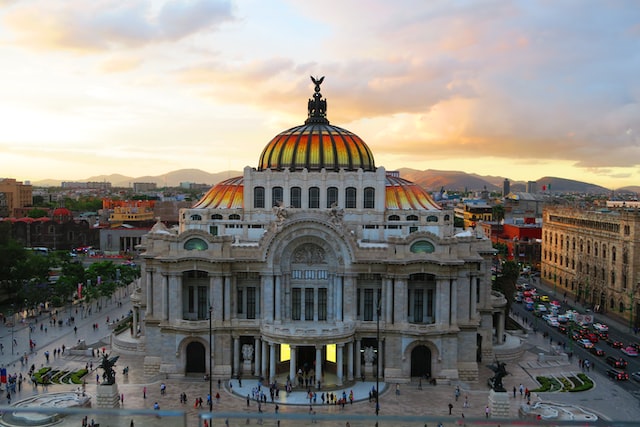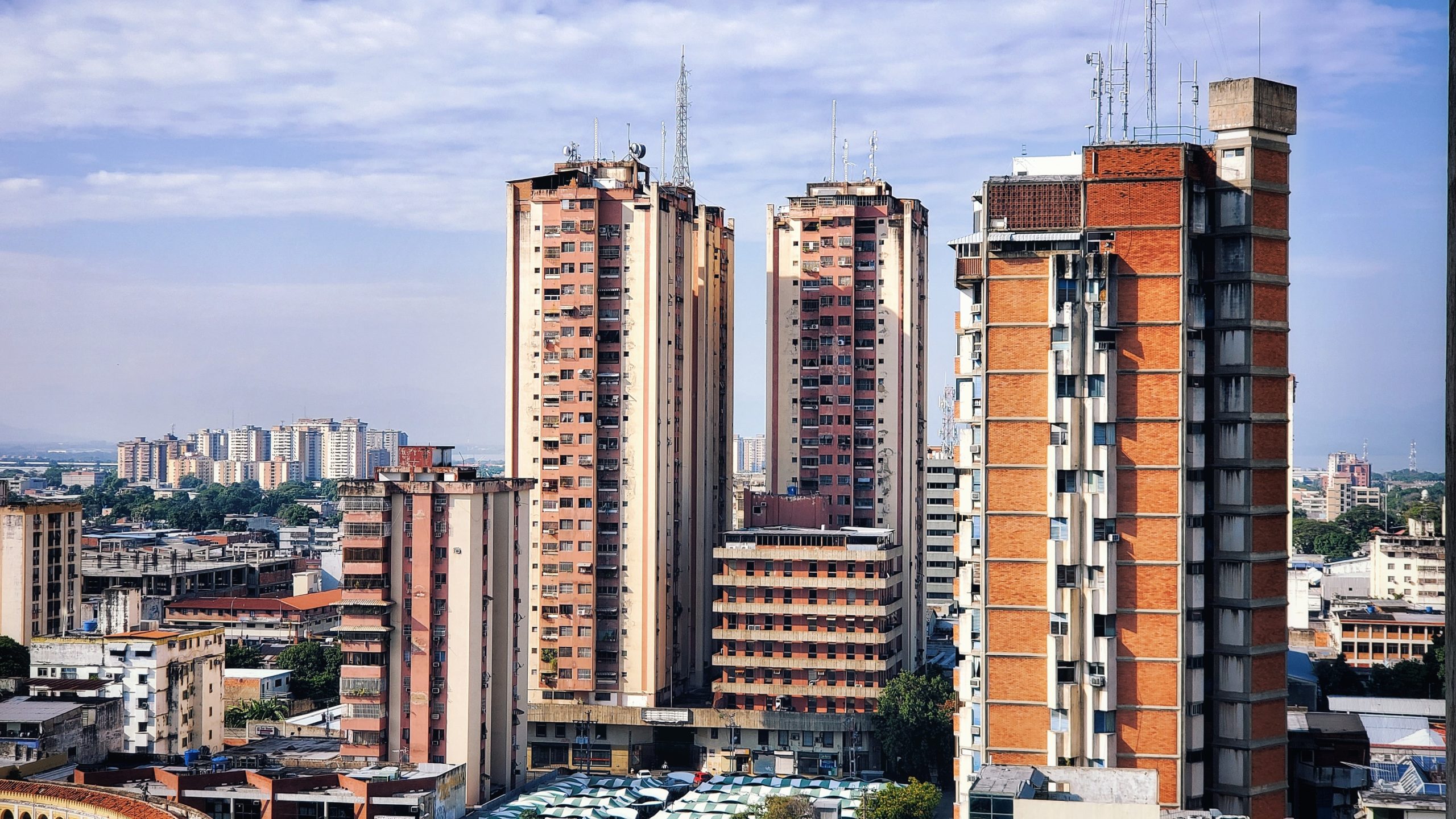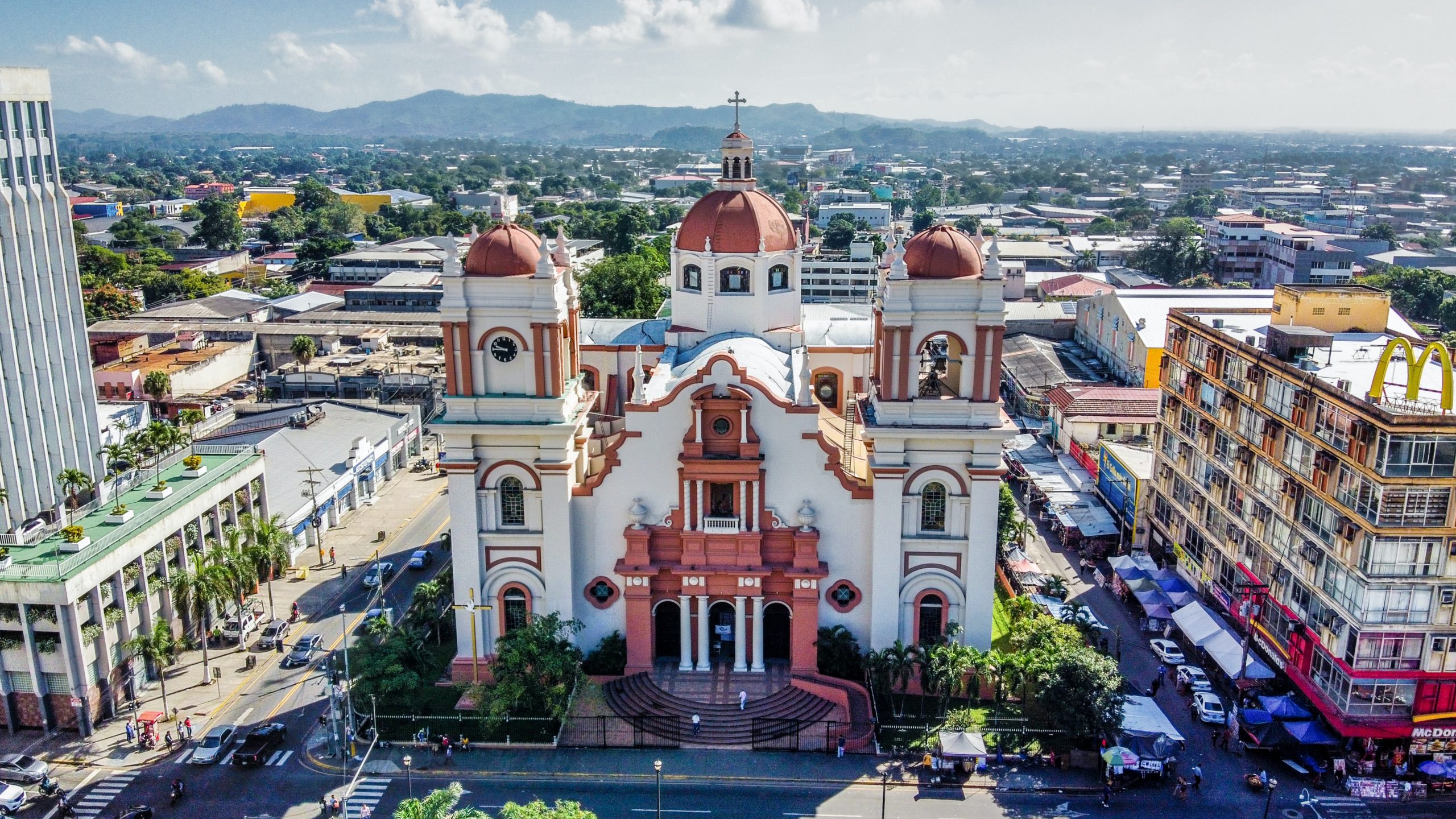Mexico is the dominant force in Central America and has the fifteenth-largest economy in the world, with a GDP of US$1.27 trillion. Mexico shares land borders with the United States and South America, as well as coastlines on the Pacific and Atlantic Oceans, making it a prime location for trade and business. Over 50% of the top GDP economies in the world have access to these trade routes by land and water.

Over US$2,500 million more was invested abroad directly into Mexico in the fourth quarter of 2020. Mexico was ranked sixth among developing economies and 14th overall for attracting FDI in the 2020 World Investment Report by the UN.
The World Bank ranked Mexico outside the top 100 for launching a business, connecting electrical supplies, and registering properties, ranking it 60th out of 190 countries in terms of “Ease of Doing Business.”
The lengthy registration process in Mexico is made more difficult by the existence of 31 federal states in addition to Mexico City. Although the Mexican Constitution and the Federal Labor Law (FLL) codify employment laws, all firms are subject to the General Law of Commercial Companies, and each state is free to enact its employment laws.
Starting a business in Mexico
International businesses setting up shops in Mexico typically decide on a limited liability subsidiary (Sociedad de Responsabilidad Limitada, SRL). They must finish a series of processes after the initial step of registering with the Ministry of Foreign Affairs. These consist of:
- File a name registration request with the Ministry of Foreign Affairs (Secretaria de Relaciones Exteriores)
- File tax identification information with the Ministry of Finance and Credit (Secretaria de Hacienda y Credito Publico)
- Sign up for the Mexican Social Security Institute’s database (Instituto Mexicano del Segura Social)
- Register for payroll with the appropriate local tax administration (Secretaria de Finanzas del Gobierno de Distrito Federal).
- Create an account with the Sistema de Informacion Empresarial Mexicano (SIEM), which maintains a database of all firms in Mexico.
After signing incorporation deeds in front of a notary public and registering the deed with the Public Commerce Register, obtain an RFC (Registro Federal de Contribuyentes) tax number or ID (Registro Publico de Comercio).
Other prerequisites
- Create a Power of Attorney (POA) for your representative in Mexico to use when necessary.
- Provide passports and addresses for directors or shareholders who will sign for the new company.
- A certificate from the directors outlining their duties;
- The minimum share capital of MXN 50,000 (US$2,500) has been confirmed.
Expanding business into Mexico
Along with the benefits of investing in the 15th largest economy in the world and the largest in Central America, the quickly growing Mexican economy raises several issues. With borders to South America, the United States, and coastlines on the Pacific and Atlantic, Mexico enjoys maritime access to more than 50% of world markets.
Will employees be relocated throughout the world or hired locally are some of the queries. Those in charge of payroll How will your business comply with laws governing taxation, benefits and entitlements, severance pay, and termination?
Before creating a blueprint for the new territory, decisions must be supported by thorough study, and the business plan will need to provide the answers to these queries.
Issues in Mexico concern not only the country’s corporate culture but also the strict enforcement of tax and employment rules, which might differ between the country’s 31 federal states and the capital, Mexico City. Where can you locate distributors, manufacturers, and offices in this complex geographic and economic environment?
Mexican market advantages and challenges
Among the benefits of entering the Mexican market are:
Incentives
The government promotes foreign investment with a focus on increasing employment, industrial development, R&D, and manufacturing.
Attractions
Gaining a presence in a consumer-driven economy that is continuously expanding
Location
It shares borders with South America and the USA for convenient commerce connections and has access to the Pacific and Atlantic oceans on its west and east coasts.
Operational difficulties in the Mexican economy:
Red tape
Complex administrative procedures are required to register enterprises, and properties, and file tax returns for corporation tax, payroll tax, and VAT. Managing paperwork can be a big problem.
Business culture
Getting used to the office and commercial setting
Safety
Some businesses will refrain from expanding due to crime and security concerns.
Language
Authorities typically only communicate in Spanish







